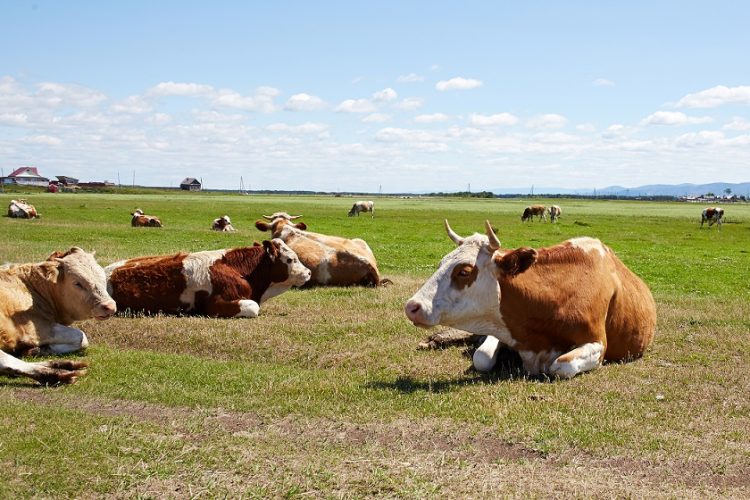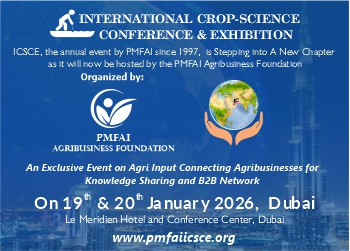New research from the University of St Andrews shows that studies about the effect of agriculture on climate change are incomplete and don’t show its full impact.
In a paper published in the journal Animals, researchers did a rapid review study of available literature which studied the links between industrialised farming and its effects on the planet.
It found that up to 20% of global greenhouse gas emissions came from industrialised animal farming. It also found that over 75% of total land used on Earth for food production had been given over to animal agriculture. 50% of eutrophication and 30% soil acidification were also a direct result of animal agriculture.
These high figures are despite animal agriculture only providing 37% protein and 18% of calories worldwide.
Surprisingly, the review found that data was patchy and often incomplete. Many of the published studies didn’t take in to account the impact of aquaculture and insect farming, nor did most studies go past the farm gate. This suggests that the impacts are far greater than currently thought.
The review also found that there were very few studies which took a truly global approach. The breadth of the worlds agricultural industry is so vast and integrated that it made concerted attempts to look at all the information difficult.
Lead author Jenny Mace, from St Andrews Centre for Ethics, Philosophy, and Public Affairs, said: “It is important to also highlight the positive feedback loop of the findings. While the various individual environmental impacts from animal agriculture are hugely significant in and of themselves, they also serve to further exacerbate climate change.”
The paper, which was commissioned in time for this week’s COP30 in Brazil, makes a series of suggestions, including, first and foremost, more attention to be given to animal agriculture specifically, at events like COP30. This should also result in targeted reductions in animal production and consumption. Additionally, aquaculture, impacts from fisheries, insect farming, and post farmgate impacts should be consistently integrated into future climate modelling.






















